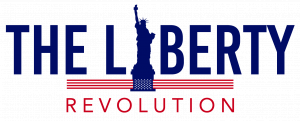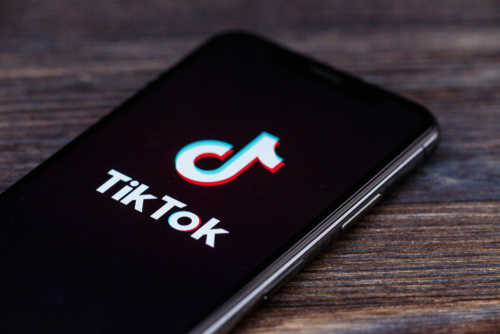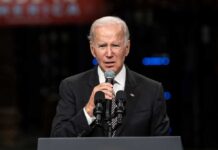(TheLibertyRevolution.com)- New Jersey is the most recent state to outlaw TikTok and 14 other social media apps on all state-owned or managed devices.
Gov. Phil Murphy, a Democrat, ordered high-risk software to be removed from state government devices on Monday.
State and federal authorities are gradually banning TikTok, a well-known video-based social media platform, because of its ties to the Chinese Communist Party (CCP).
TikTok has already been outlawed in a number of jurisdictions, and Congress is debating a bipartisan resolution to bar ByteDance, the parent firm of the social media app, from doing business anywhere in the US.
In a statement, Murphy said that bolstering cybersecurity is crucial to preserving the general safety and welfare of New Jersey.
“The preventative and proactive steps we are putting in place today will guarantee the safety, security, and confidentiality of the information assets maintained by the New Jersey State government. This forceful step will guarantee that the State’s cybersecurity is unified against forces who might try to split us apart,” Murphy said.
In cooperation with the Office of Information Technology, the New Jersey Cybersecurity and Communications Integration Cell (NJCCIC) will keep a list of software developers and tech firms that are considered to pose a security risk to the state.
Huawei Technologies, Dahua Technology, Hikvision, Tencent Holdings Ltd. and its apps (WeChat, QQ, and QQ Wallet), Alibaba goods like AliPay and Alibaba.com, TikTok, and the Russian-based Kaspersky Lab are now on New Jersey’s list of forbidden software providers, products, and services.
According to Christopher Rein, chief technology officer of New Jersey, “New Jersey’s policy to remove specific software from State-owned or managed devices, including TikTok, assessed as high risk of potential data loss or privacy issues is part of our statewide cyber risk management program.”
ByteDance, the parent company of TikTok, says it will no longer be allowed to operate in the U.S.
A ban by Congress was included in the $1.7 trillion omnibus budget bill that was passed in December.















